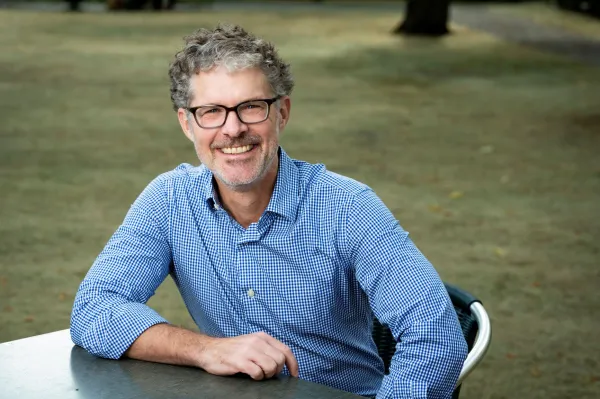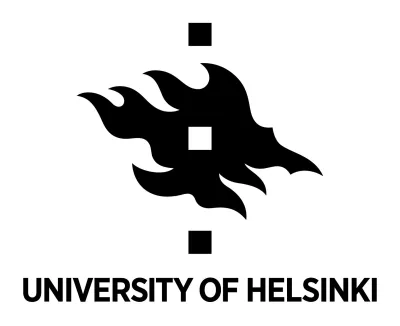Finland

Charlie Kurth
Charlie Kurth is a philosopher whose work focuses on issues in ethical theory, moral psychology, and the philosophy of emotion. He sees research in these areas as being productively informed by empirical inquiry in the cognitive and social sciences. Recently, he has been thinking about the role that emotions play in shaping moral thought and agency. His work has appeared in academic journals including Ethics, Philosophy of Science, Emotion Review, and Mind & Language as well as non-academic venues like The Washington Post, Scientific American, and Aeon. He has also published two books: Emotion (Routledge 2022) and The Anxious Mind (MIT 2018).
Emotions are central to how we understand ourselves and the world around us. But their mercurial nature also means that they can distort our thinking and frustrate our pursuit of our goals. So what can we do to shape our emotions for the better, and how might an answer to this question improve our understanding of moral agency and its development? Charlie Kurth's book project advances a broadly Kantian answer to these questions. Drawing on insights from Kant’s moral psychology, emotion science, and contemporary feminist scholars, he argues that moral development should aim to cultivate distinctive forms of emotional self-awareness and self-control. The resulting account not only challenges prominent contemporary proposals grounded in the work of Aristotle and the Stoics, but it also has revisionary implications for our understanding of emotions and their value. For instance, it suggests that seemingly morally dubious emotions like disgust, anxiety, and shame can actually be deeply morally valuable—they are responses that we want to encourage, not shun.
Ethics; emotion theory; moral psychology; philosophy of mind; agency and moral development
